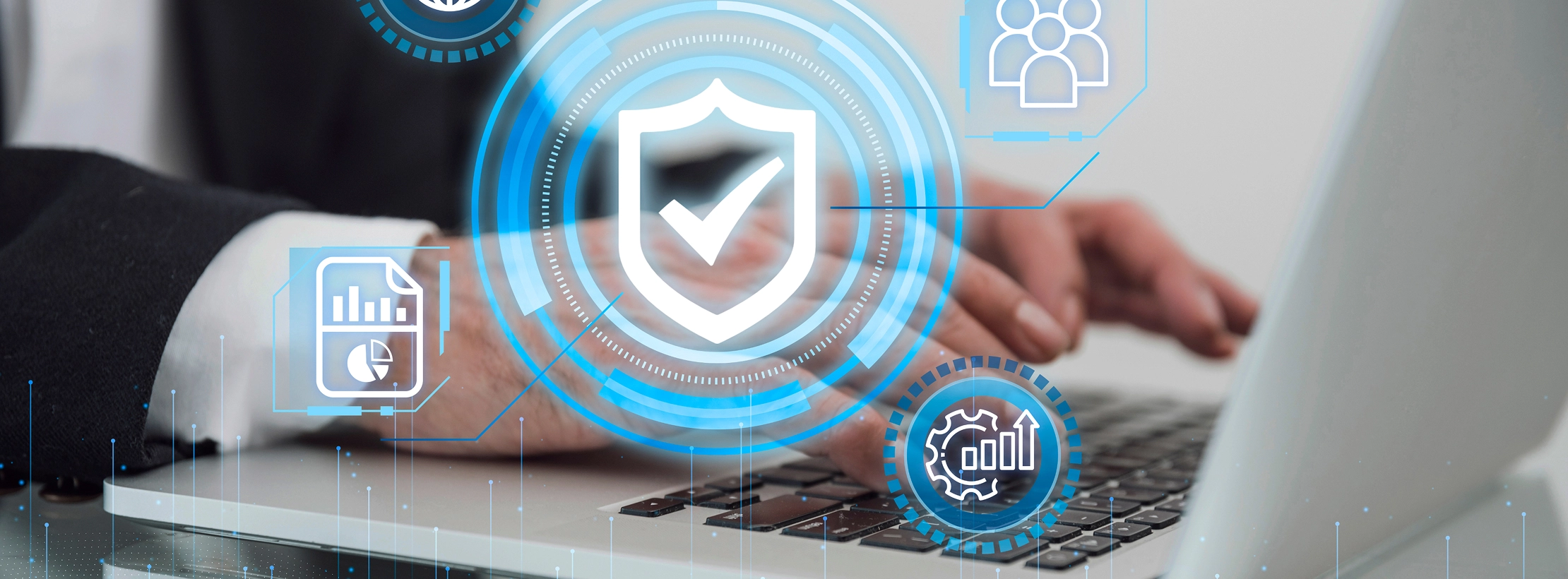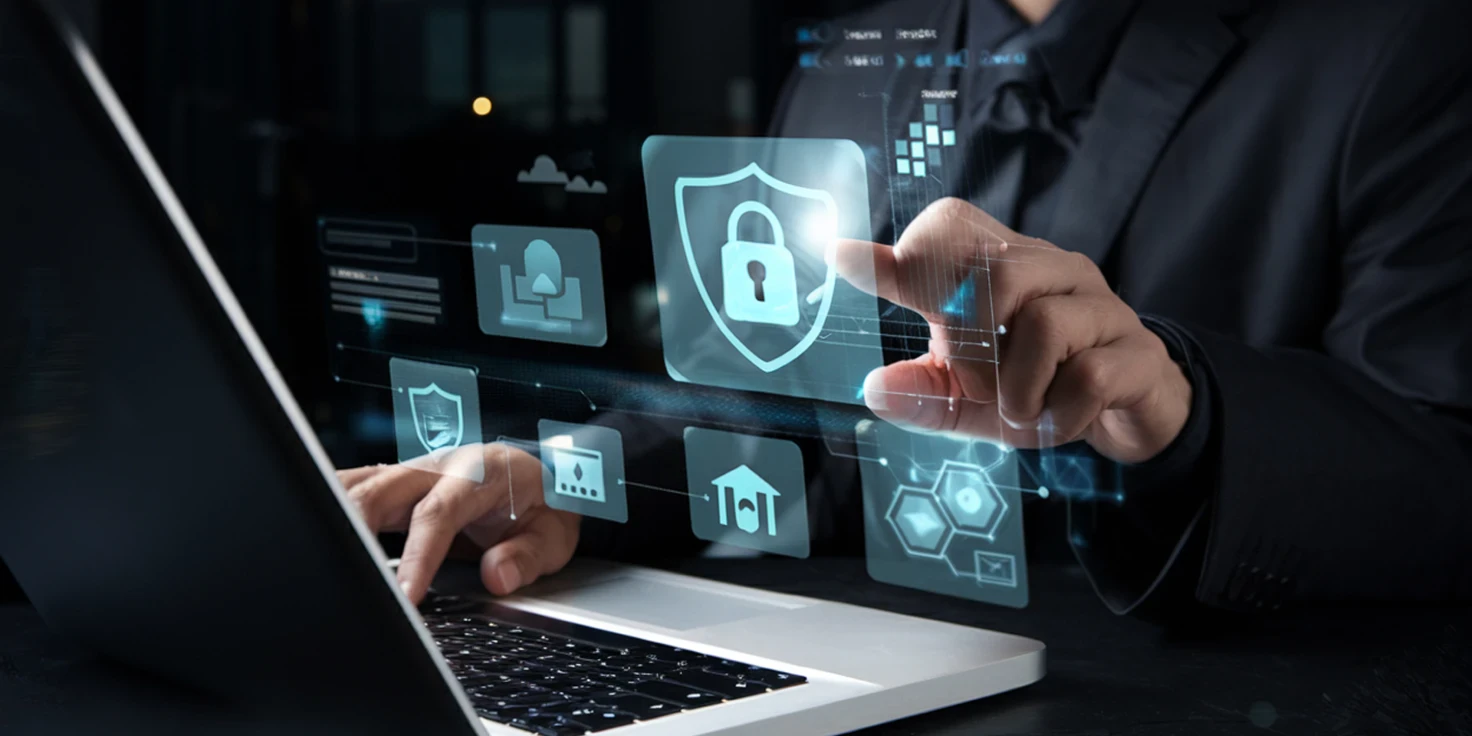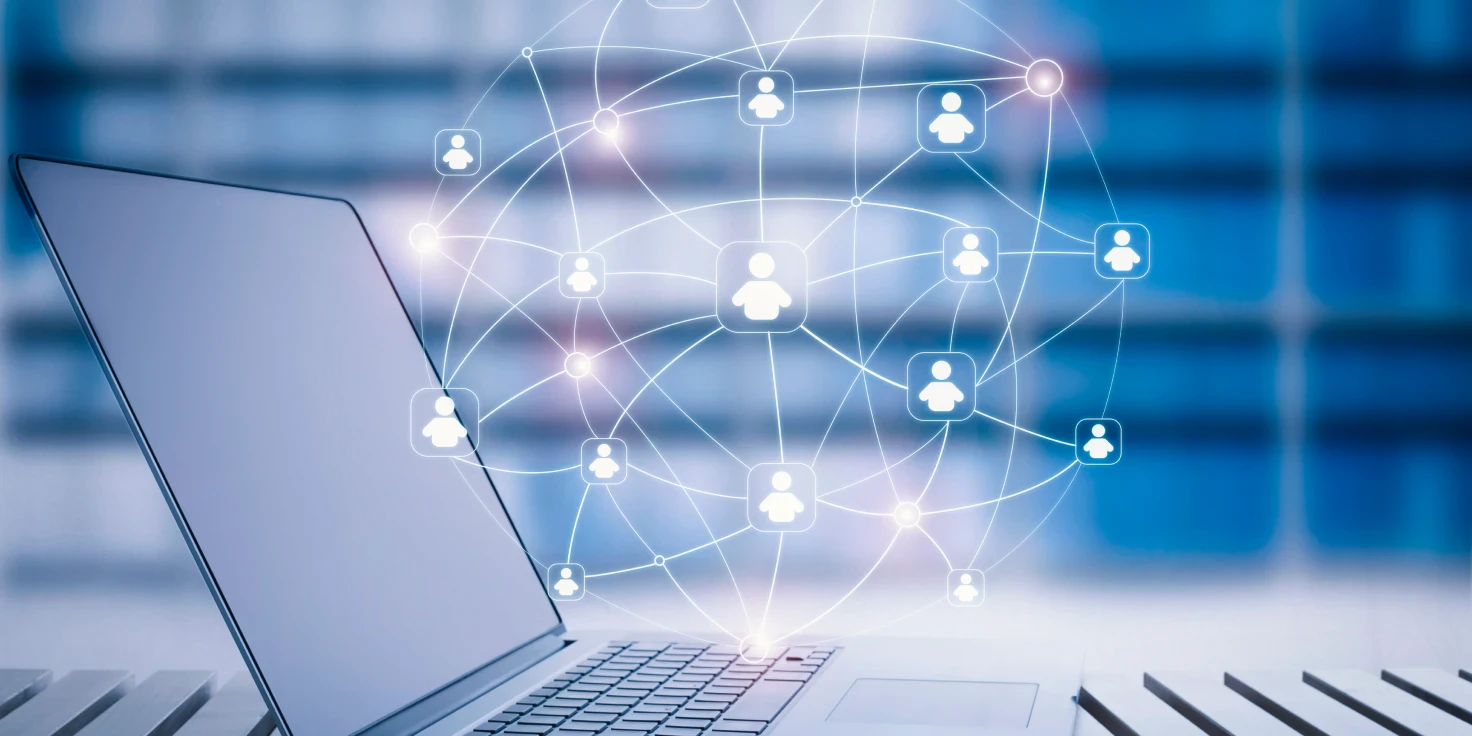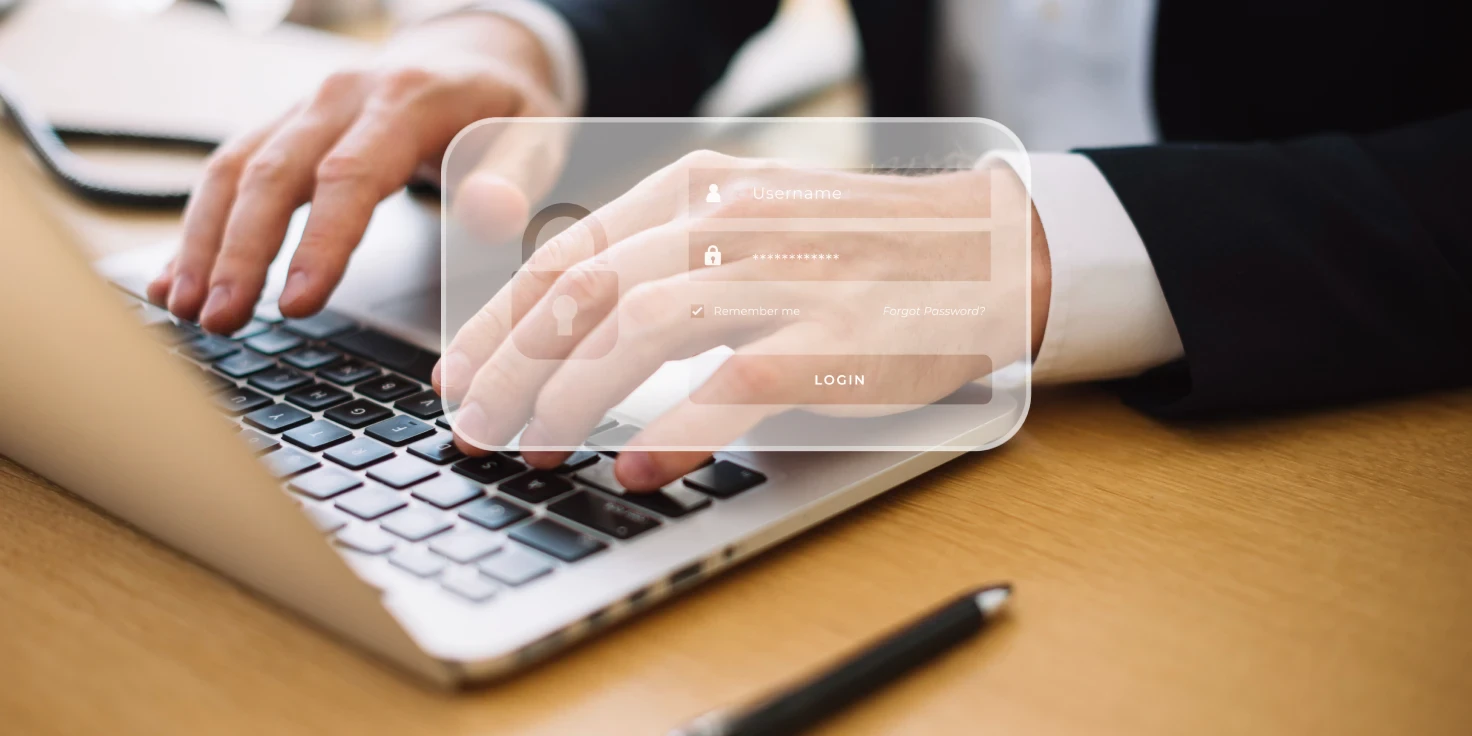
Data Privacy and Security
Importance and Mission

In the digital age, where data is highly valuable, the security of information and personal data is of utmost importance. A company's ability to protect such data builds credibility and trust among all stakeholders. Any data breach could result in financial losses, reputational damage, and a decline in customer confidence.
Therefore, the company places great importance on proper data management and protection in compliance with legal requirements and international standards. Saksiam Leasing is committed to establishing a secure and reliable system, ensuring that all customer and stakeholder data is safeguarded to the highest degree.
Supporting the SDGs Goals
Goal 9:

Goal and Performance
Goal
Performance
Goal
Performance
Goals
Performance
Management Approach
The company acknowledges the significance of reliable and appropriate information for decision-making and competitiveness.
The board of directors designed an information technology management policy framework and information technology security measures based on established standards, which have been monitored, reviewed, and improved to ensure consistency with and appropriateness for IT risks, and approve the appointment of the Deputy General Manager (General Administration) as the Chief Information Security Officer. The Chief Security Officer (CSO) is another position that includes developing cyber security policy as guidelines to reduce the risk of unauthorized personnel damaging and altering data breaches. The company employs a system administrator, who is responsible for setting access rights to various critical systems. Rights are reviewed on an annual basis. Having access to data from Log Files is regularly reviewed, and Document Management Tools (DMT) have been developed with the following operations.
Establish Information Systems and Ensure Cyber Security
In order to maintain security that related to access control and the use of the Company's information system to be reliable and manageable appropriately, the company has implemented the use of information systems and data communication network systems policy, as well as the following overall practices:

- Control access and permissions to information systems based on usage responsibilities
- Clarify the duties and responsibilities of administrators, users, and system administrators, as well as user etiquette when using the information system
- Ensure that network devices are properly configured for the area and physical environment, and are authorized by the administrator
- Specify the method for exchanging confidential information. Data must be encrypted to ensure security
- Install server equipment in appropriate areas and grant only the relevant personnel rights
- Set up the necessary equipment to effectively and efficiently prevent system interruptions. Thus, the system can be restored within a reasonable duration.
- Create a system for recording usage history, a work status notification system, and an operating manual to help relevant personnel to operate and maintain related equipment efficiently
Besides, the company provides knowledge and understanding evaluations in accordance with information system and communication network usage policies, as well as network security practices. Every new employee will receive orientation training, which will cover topics such as information system utilization and cyber security.
Network Security Measures

- The administrator verifies the security settings of the firewall device after each firmware update, and records the results in the firewall firmware update control registry.
- Every time a new patch is updated, the administrator generates a written report that records the results of patch installation tests on critical systems such as operating systems, application systems, database systems, and network devices.
- Administrators check the availability of network devices daily, inspect resource areas on the system, and report server status on a monthly basis.
Information Security

- The company specifies how to properly use storage media for data security. If connected to a computer, the device should be checked before each usage.
- If any irregularities are found or if viruses, malware, spamware, or ransomware are found, the employees should notify the information department as soon as possible.
- Prohibit the dissemination or disclosure of company information in order to prevent its use externally to business.
IT Contingency Plan

- The company requires penetration testing to evaluate and improve the quality of the security system by identifying and resolving errors and problems that occur. Testing is critical for security protection because it ensures that the system is accurate, complete, effective, and ready for application, as well as promoting confidence in users.
- The company has created emergency plans for critical systems that support ongoing business operations, virus attacks, and network threat threats.
- Testing the Plan: On an annual basis, some or all of the plan is tested to ensure that the organization is prepared and capable of restoring critical business operations within the specified period of time. For organizations with critical operations, the plan is examined annually using simulated scenarios, which are to ensure that the loss of key factors is tested every two years. Any errors in the plan examination shall be addressed within three months of the test date. If the follow-up cannot be completed within the specified timeframe, the DRP Response Team shall collaborate together to find solutions as soon as possible. The plan is reviewed and the cyber incident response process is enhanced at least once a year.
Determination of Permission to Access The Information System

- The company has established the right to access and use its information system, as well as passwords for operators, company system users (application systems), and company administrators.
- The company has set a password expiration date because the basic operating system must always be used with applications that are connected to the main database, authorized personnel management, and control server computers to ensure uninterrupted operation. However, it has been determined that access to the system will not pose a security risk.
The company's Information system performance in 2024
Self-assessment based on the Cobit Framework guidelines
100% of IT infrastructure is certified according to international IT standards
There are no complaints regarding data security or cyberattacks.
Non affected or damaged by cyberattacks
Personal Information Protection
The company emphasizes significant importance on personal information security, has strict personal information access security measures in place, and complies with the Personal Information Protection Law B.E.2562 (2019) and its amendments. As a result, the company has established a personal data protection policy based on the purpose of collecting, storing, and using personal data in accordance with the data's source. The data owner shall be notified of the details before receiving consent and/or disclosing personal data each time. However, this includes exceptions to obtaining consent from the data owner, security measures, data utilization and quality limitations, data retention and destruction, data rights, data protection officers, and the responsibilities of those involved in the collection, storage, use, and disclosure of personal data.

The company's website has disclosed personal information protection policies, which include cookie notifications and privacy notices, in accordance with users' rights as personal data owners.
Personal Information Protection Policy and Measures
The company comprehends the importance of personal information security and has implemented appropriate personal information security measures to prevent loss. The ISO/IEC 27001 information security standard prohibits unauthorized or illegal access, destruction, use, alteration, modification, or disclosure of personal information, as well as the prevention of unauthorized use of personal information.
The personal data that the company receives, such as name, age, address, phone number, ID card number, financial information, family members, and so on, can be used to determine the identity of the information owner. Personal information that is accurate and up to date will be utilized for operational purposes within the company. According to the relevant laws, the company employs appropriate measures to protect the rights of personal data owners.
Retention and Destruction of Personal Information
Data Subject
Record of Processing Activities (ROPA)
The company processes personal data in line with the Personal Data Protection Act (PDPA), which requires the organization to demonstrate that personal data is processed correctly and transparently. There are the following protocols:
- Specify the information that required to be recorded based on the types of personal data collection, the purpose of data collection, the types of personal data subjects, data recipients (both internal and external to the organization), personal data controllers and processors, data retention periods, data subjects' rights, and data security measures.
- Examines and prepares ROPA documents in accordance with legal requirements, recording all data related to the processing of personal data from various departments.
- Regularly review documentation to ensure that ROPA is accurate and up to date, and correct or improve as processing changes occur.
The company has established a Data Protection Officer (DPO) and disclosed the following communication channels:
- Data Protection Officer (DPO) : Mr. Phithak Takam
- Headquarters : Saksiam Leasing Public Company Limited: 49/47 Chetthabodin Road, Tha It Subdistrict, Mueang Uttaradit District, Uttaradit Province 53000 Thailand
- Tel : 088-7764049 or 065-4727093
- Email Address : dpo@saksiam.co.th
